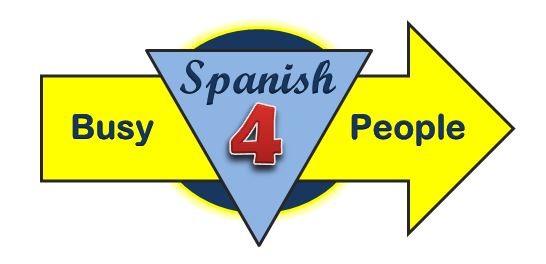Learning vocabulary is the foundation of learning any language. Accepting that you need to take it one step at a time and start from the beginning will be vital to managing your emotions and expectations while you improve your knowledge and skills to speak and understand Spanish. In the beginning I tried to learn as much vocabulary as possible. I focused on the sets of words and phrases that would come in handy most. Describing time is extremely important. Let’s take a peek at the days of the week first and how to remember them. Then do not forget your free downloadable flashcards.
The week in Spanish starts with Monday. Let’s start there. Days of the week in Spanish are NOT capitalized.
Days of the Week in Spanish
- lunes /LOO-nace/ Monday
- martes /MAR-tace/ Tuesday
- miércoles /MEER-ko-lace/ Wednesday
- jueves /HOOAY-vace/ Thursday
- viernes /VEEAIR-nace/ Friday
- sábado /SA-ba-do/ Saturday
- domingo /do-MIN-go/ Sunday
Let’s break the week into 3 parts.
The first half of the work week: lunes, martes, miercoles
The second half of the work week: jueves, viernes
And the weekend: sábado, domingo
Focus on each part by repeating the days of that part over and over until you memorize them.
Another way to memorize them is come up with clues to remembering them, sort of like memory joggers. So let’s try it.
- “Lunes” starts the work week and when that happens you “lose” sleep. The “lu” part of lunes and “lose” have similar vowel sounds. Sounds stupid, but trust me this stuff works.
- “Marti gras”, the holiday, or big party in New Orleans, means Fat Tuesday. Marti and martes are very similar since both of their roots come from Latin, and both have to do with Tuesday.
- Once you get to the middle of the week the first half is in the rearview “mirror”. So miércoles is the rearview “mirror”. Miércoles, mirror. Again the first part of the word sounds similar.
- “Who’s” going to the party tomorrow? Tomorrow is Friday night so you would like to know “who” is going to be there. Who, jueves.
- Don’t “veer” off now, the weekend is here. “Viernes” is finally here.
- Saturday and sábado start with the same two letters “sa”. It’s the only day of the week that starts the same both in Spanish and English.
- Tomorrow you will start making “dough” again. Today is “domingo” but tomorrow begins the work week when you start earning money again.
All of these clues are just ideas on how to help you memorize them. Any vocabulary you learn will eventually become second nature and you will not have to use goofy clues to remember them.
Get your days of the week PDF. Use card stock in your printer to print off sturdy cards and your days of the week reminder exercise.
Related articles
- SRS For Memorizing Vocabulary (theafrikaanschallenge.wordpress.com)
- How to Tell Time in Spanish (letsgospanish.wordpress.com)
